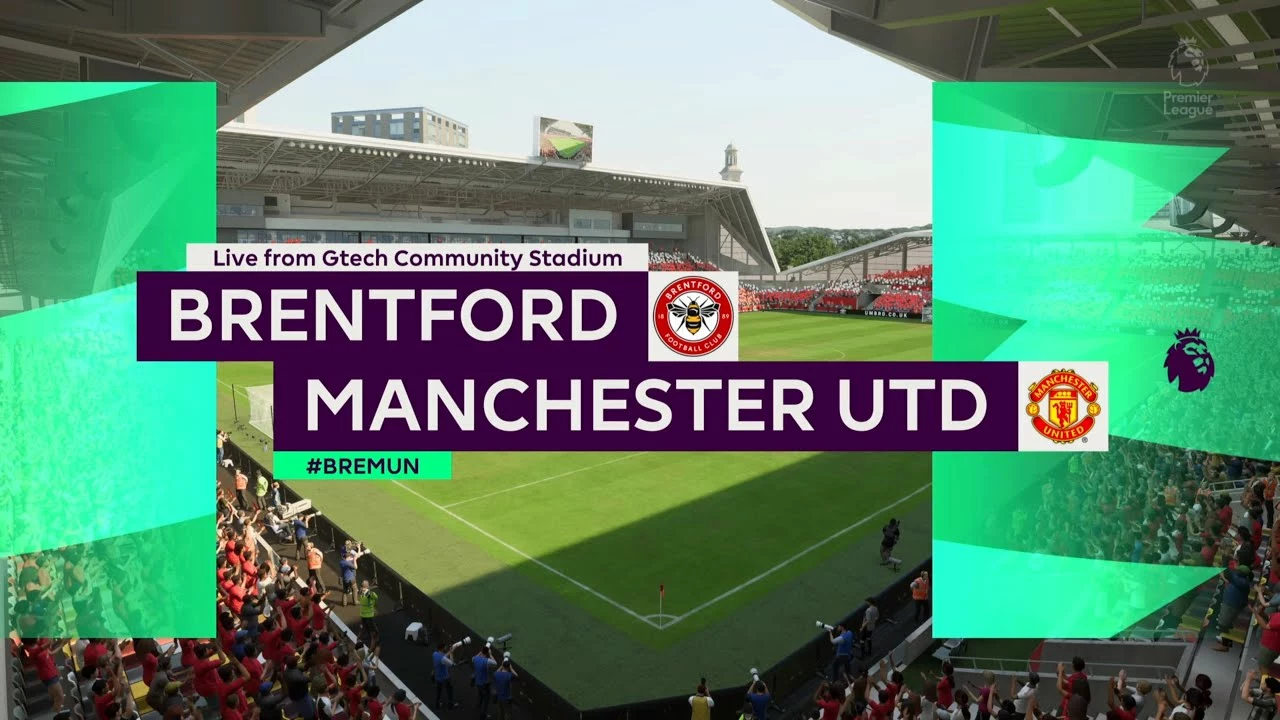Unity Game Development: Your Gateway to Building Interactive Experiences
When working with Unity game development, the process of creating interactive 2D or 3D experiences using the Unity engine and its toolset. Also known as Unity development, it blends visual design, programming, and real‑time testing. Unity game development requires a solid grasp of C# scripting, which powers gameplay logic, and relies on the Unity engine, the underlying platform that renders graphics, handles physics, and manages scenes. Together, these core elements create a workflow where design meets code, enabling developers to prototype quickly and iterate often.
Key Components That Shape Every Unity Project
Beyond the engine and scripting, game assets—textures, models, animations, and audio—are the building blocks that give life to a virtual world. The Unity Asset Store offers thousands of ready‑made assets, speeding up development and reducing costs. Meanwhile, cross‑platform publishing expands a game's reach, allowing a single project to run on PC, consoles, mobile devices, and even AR/VR headsets. This capability enhances market potential and optimizes resource use, because developers can maintain one codebase while targeting multiple platforms. In practice, a Unity developer assembles assets, writes C# scripts, tests in the editor, and then builds for each target platform, ensuring performance tweaks are applied where needed.
Below you’ll find a hand‑picked selection of articles that dive deeper into each of these areas—whether you’re looking for beginner tips on importing assets, advanced tricks for optimizing C# code, or case studies on successful multi‑platform releases. Each post builds on the foundations outlined above, giving you actionable insights to turn ideas into polished Unity games.
Hey there, my tech-savvy pals! Let's dive into the thrilling world of game development, specifically, creating our very own football game, akin to FIFA, using Unity. The first step is to get familiar with the Unity interface, it's like getting to know the field before a big match! Then, we'll need to rig our footballers, making them more flexible than a gymnast at the Olympics! We'll also dabble in some coding, turning us into part-time wizards. Lastly, don't forget the importance of testing, because who wants a striker that kicks the ball backwards? Time to lace up our virtual cleats and make gaming magic happen!
